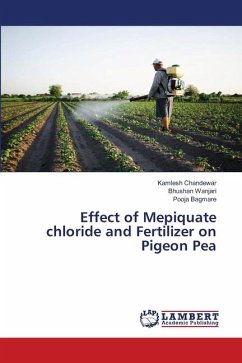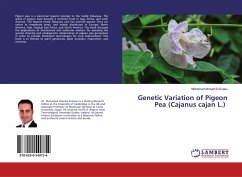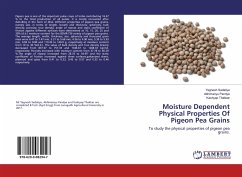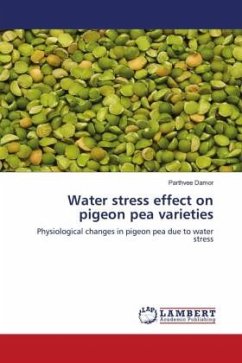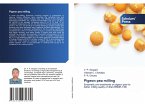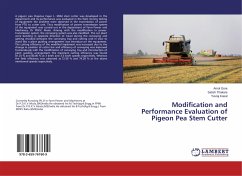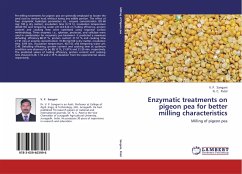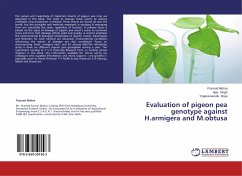Pigeon pea, a crucial tropical pulse crop in India, is grown on diverse soils in an adverse agro-ecological environment. Its symbiotic association with Rhizobium bacteria helps fix atmospheric nitrogen. Plant nutrients, such as nitrogen and phosphate, are crucial for crop growth and yield. Excessive fertilizer can negatively affect crop growth, but some nutrients, like nitrogen and phosphorus, can improve physiological efficiency and productivity. The book "Effect of Mepiquate chloride and Fertilizer on Pigeon Pea" suggests the need for scientific manipulation to synchronize plant growth through growth-regulating chemicals, ensuring a balance between source and sink for enhanced crop yield and standardizing fertilizer rates per hectare to maximize yield potential.

